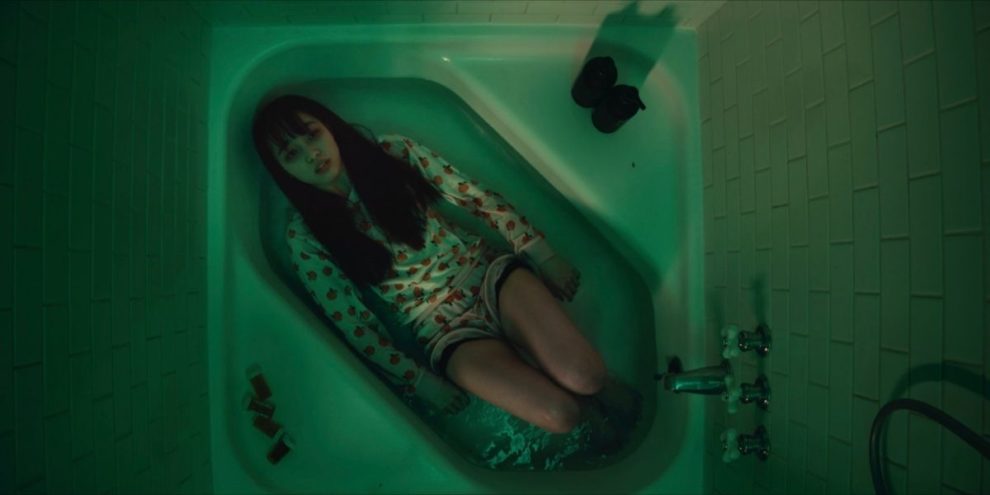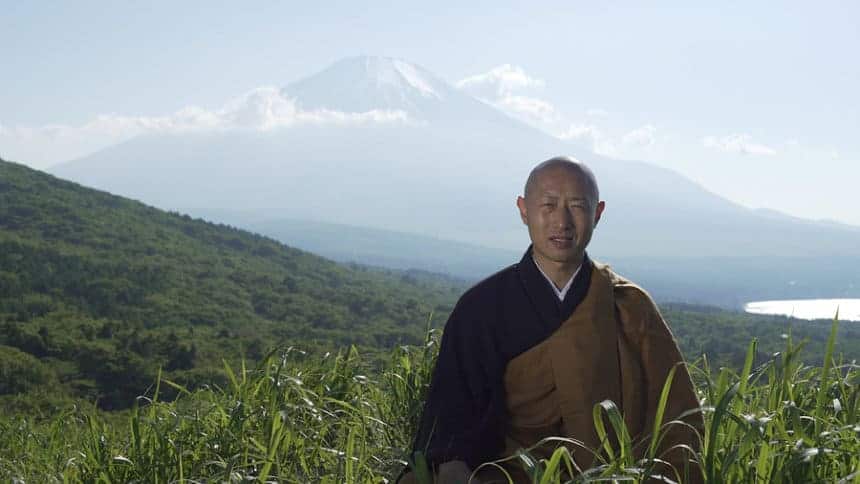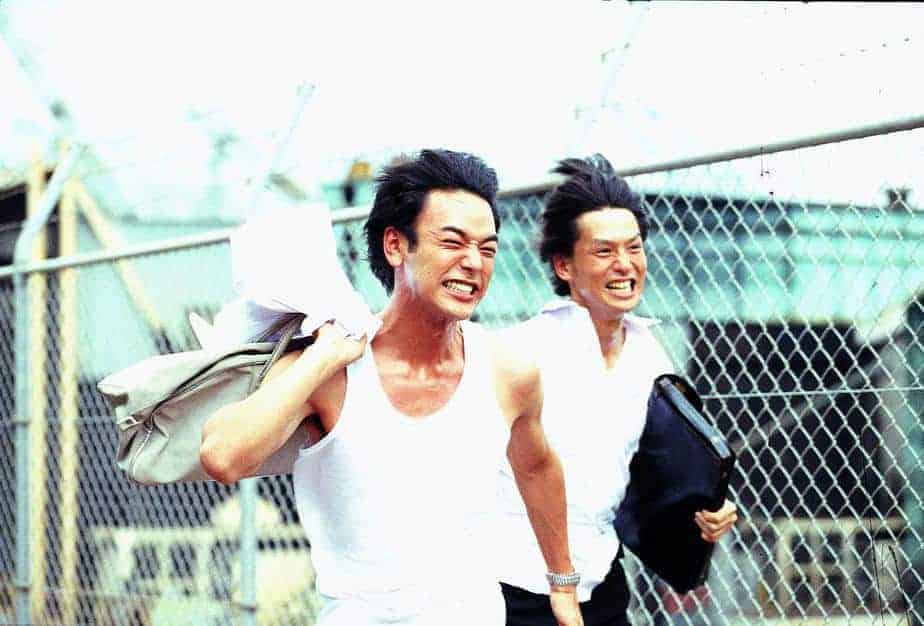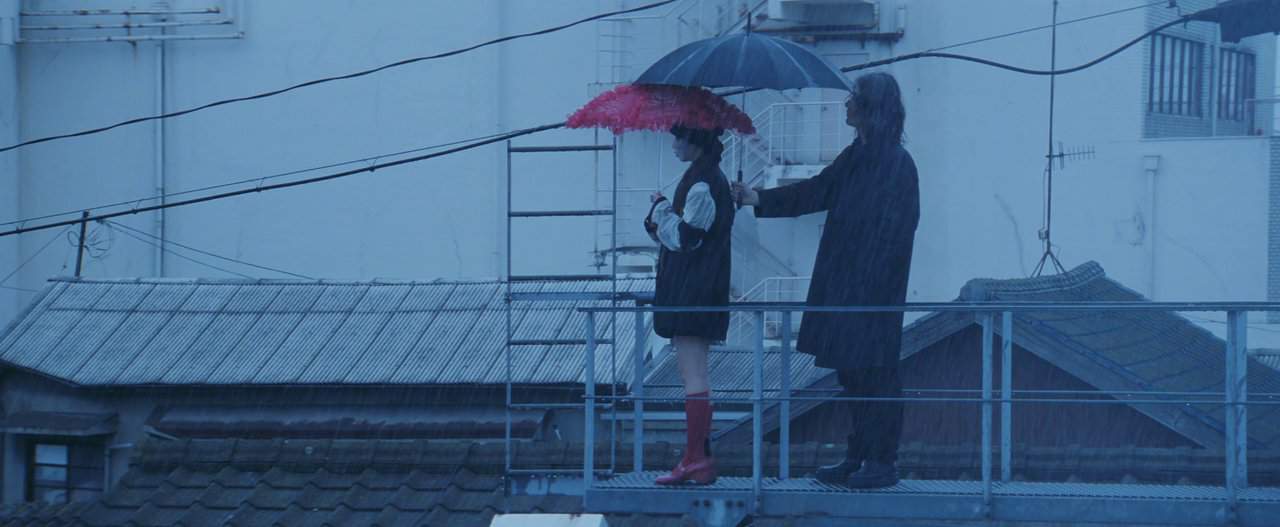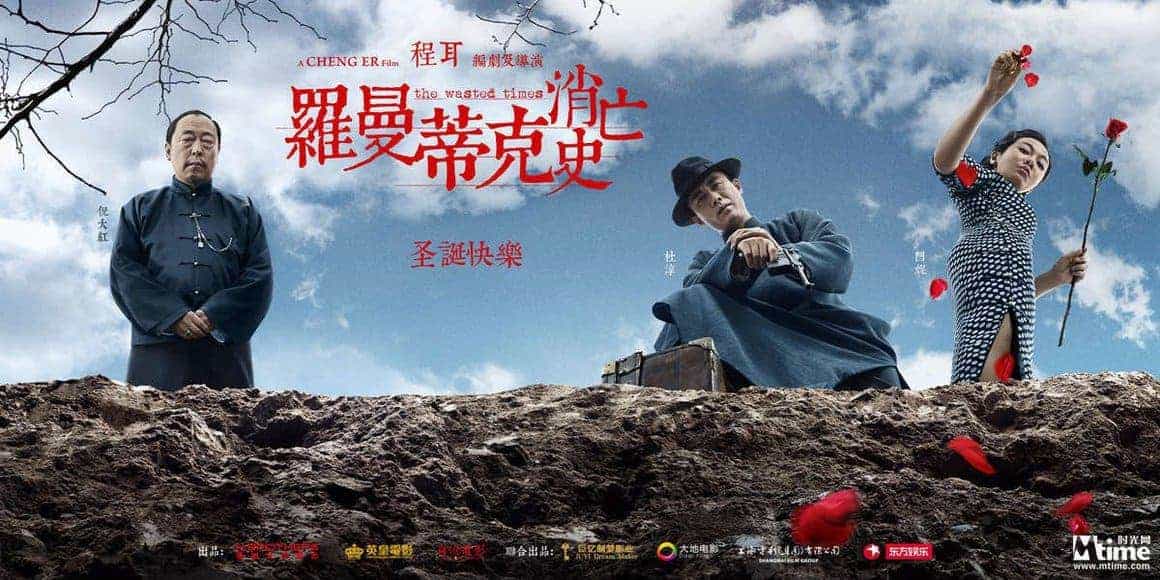Suzy, a journalists whose role is to put together columns highlighting beautiful women, decides she wants to tackle a larger project – seeking answers to how society allowed a young pop singer, Kalli, to be bullied into self-cancelation. As she digs deep into the systematic bullying of the young hopeful, she learns of a toxic fandom whose obsession with controlling the singer's sexuality and personal life may have lead to her ruination.
“Bruised Peach” review is part of the Submit Your Film Initiative

K-pop has become an institution, adored here in the west with bands like “BTS” and “Black Pink” garnering mainstream appeal and accolades. However there is a dark side to the industry, manipulation and systematic dehumanization that has lead to a plethora of documented cases of extreme abuse. Sadly, these instances which would not be seen as tolerable, or even legal, within the west are openly ignored. Furthermore, the abuse is fed by a peculiar fandom that, in extreme cases, have caused ‘anti-fans' to attack performers that did not coincide with their ideal image of what a ‘pop star' should be. Needless to say, there is an aspect of the industry which is often overlooked in favor of embracing the unrealistic dream, perfection.
This is where “Bruised Peach” comes in, to give the world a reminder that there are aspects within the industry that are in desperate need of reform to move forward. In particular, the fans' reactions to the idea of their idols portraying any sense of sexuality betraying the pure image that is forced upon them – hateful comments flooding a post where Kalli's clothes are slightly revealing – a not uncommon reflection of real life attitudes. Unsurprisingly, the journalists come to represent the audience's own growing resentment of a culture that sees any form of humanity as an affront to the image of virginal purity they place on these pop-culture icons. Further adding to the ire, the short portrays an indifference from media and corporations that wash their hands of any responsibility in a similar manner – if money is being made, who cares if a few young hopefuls die along the way? Overall, “Bruised Peach” is a success on principle alone, tackling a difficult issue that is worthy of deeper discussion, with an unfiltered look at the worst aspects of an industry and its fans.

Putting the social messaging aside, the film does begin to falter as a cinematic experience – visually awkward and poor sound design. There is an exception with the scenes concerning Kalli, where cinematographer Mahmoud (Khashi) Tahamtan is able to capture a severe sense of despair and isolation, as the idol shrinks into her own world in a futile attempt to hide from criticism. This is also reflective in the performances wherein Angie Jho Lee feels slightly lost as Suzy, due to the awkward framing and flow of her story. Conversely, Alice Yu gives a compelling performance as a young woman in a sharp mental decline. Ultimately, the inconsistency in production makes for an underwhelming experience, and without the strong concept/script would be unapproachable.
The themes explored in “Bruised Peach”, are important in bringing greater recognition to an issue that largely goes ignored in the mainstream – this alone makes the production notable. It is obvious that director Ying Chen Shu had an important message to get across and, undeniably, they have succeeded in delivering this sentiment with impactful conviction. Despite the end product feeling unpolished, “Bruised Peach” is an eye opener that needs acknowledgment for positive change in an industry built off the exploitation of youth through an archaic and abusive system.
Thankfully, you can check out the film in full below!


